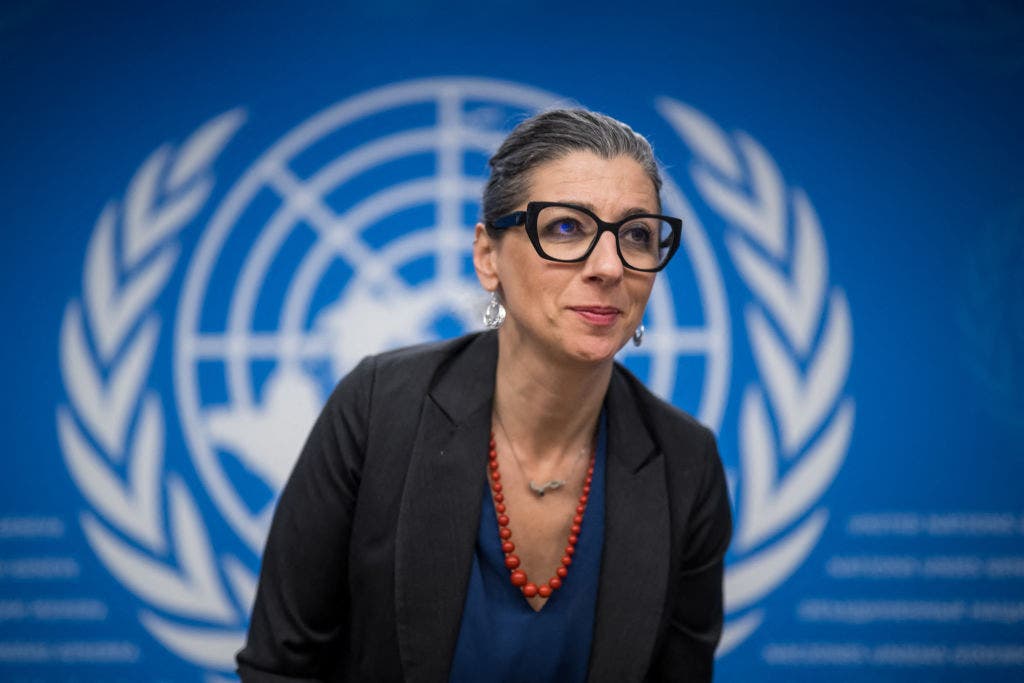U.N. Secretary-General António Guterres is facing criticism for not speaking out against Francesca Albanese, the U.N. special rapporteur on the occupied Palestinian territories, who has been accused of being antisemitic. Albanese’s latest report, titled “Genocide as colonial erasure,” is causing controversy, with critics claiming that she is targeting the destruction of the Jewish state. Israel’s ambassador to the U.N., Danny Danon, accused Albanese of peddling dangerous antisemitic tropes and supporting Hamas terrorists in Gaza. The U.N. Chief has stated that he is opposed to antisemitism, but has not taken action against Albanese.
Critics of Albanese argue that she is not upholding the U.N. Code of Conduct for special procedures mandate holders, which requires impartiality and honesty in dealing with human rights issues. Despite calls for censure or dismissal, the U.N. Human Rights Council spokesperson stated that decisions regarding mandate holders are made by member states at the end of each session. Anne Bayefsky, president of Human Rights Voices, expressed frustration with Guterres for protecting Albanese rather than her victims and called for her dismissal. Critics believe that Guterres should denounce Albanese’s antisemitic behavior and take appropriate action.
Albanese’s antisemitic statements have drawn condemnation from various quarters, including the U.S. State Department, U.S. Ambassador to the U.N. Linda Thomas-Greenfield, and U.S. Ambassador to the U.N. Human Rights Council Michèle Taylor. They have expressed strong disapproval of Albanese’s remarks and stated that there is no place for antisemitism among U.N. officials responsible for human rights. However, the State Department has not taken action to restrict Albanese’s travel, despite calls from advocacy groups to limit her ability to spread antisemitism in the U.S.
Albanese’s upcoming tour of U.S. colleges, including visits to Georgetown University, Barnard College, and Princeton, has raised concerns about the spread of antisemitism on American campuses. Critics argue that the State Department should restrict Albanese’s movements outside the U.N. headquarters to prevent her from promoting hate speech. Albanese has not responded to requests for comment on the allegations of antisemitism, but has claimed to be committed to human rights for all people. The Anti-Defamation League has raised alarm about Albanese’s scheduled speaking engagements and warned about the potential impact of her antisemitic rhetoric.
The ongoing controversy surrounding Albanese’s conduct has reignited debates about the U.N.’s handling of antisemitism and the accountability of its officials. Critics have called for stronger action against individuals accused of spreading hate speech, while defenders of free speech have raised concerns about potential censorship. As the debate continues, the U.N. Secretary-General is facing mounting pressure to address the issue and ensure that the organization upholds its values of promoting human rights and combating discrimination. The outcome of this controversy will likely have implications for future cases involving allegations of antisemitism within the U.N. system.


